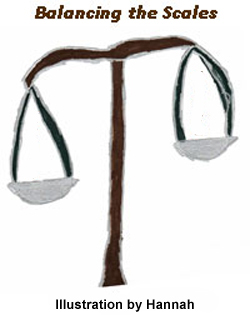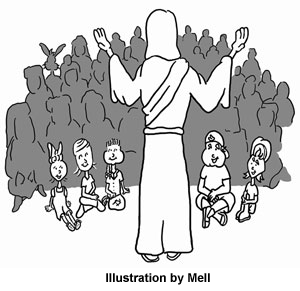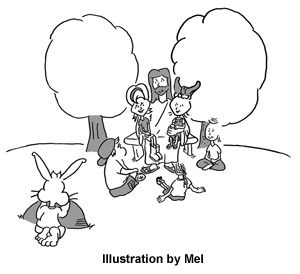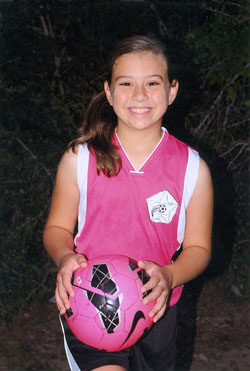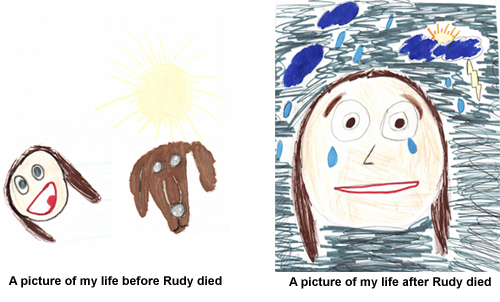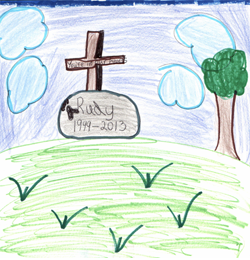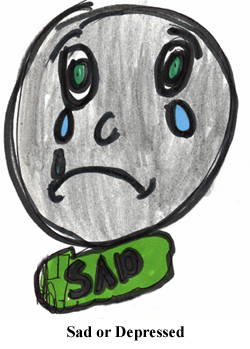 With the suicide of Robin Williams on August 11, 2014, once again that dreadful word, Depression, came back into the lime light. The world looked on with shock as one who had made millions laugh, had seemingly fallen into a deep dark pit and was unable to climb out.
With the suicide of Robin Williams on August 11, 2014, once again that dreadful word, Depression, came back into the lime light. The world looked on with shock as one who had made millions laugh, had seemingly fallen into a deep dark pit and was unable to climb out.
Robin’s gift for helping others see the world through humor will be missed worldwide. Sadly, when the shock of his death wears off, so will the subject of depression and its effects slowly fade into the background. As a result, many will go untreated.
Unfortunately, children fall into the category of those who may fail to receive treatment. Why? Because the adult in the child’s life does not recognize the difference between sadness and depression.
Let me say, first of all that, “Experientially, I know nothing about depression in children or adults, for that matter.” And for that, I am eternally grateful, because I know that it can be a serious problem. Further down in this post, I will give you a check list for signs of depression in children from The National Health Association.
But first, I want to point out a couple of things to take into consideration before jumping to the conclusion that a child has depression.
1. It is natural for children to have feelings of sadness at any time.
Let’s face it – none of us run on a “high” every day of our lives. Just turning on the news, can make us sad at what is happening around the world. Kids are no different. In their own little world, they can have bouts of sadness from such things as: having their feelings hurt at school, watching a sad movie, or losing a ballgame.
As the primary adult in their lives, we can help them overcome these bouts of sadness by teaching them to think positive, help them find a solution to their problem, and get them involved in an activity to take their mind off their sadness. An activity that I would highly recommend is exercise, which I believe children don’t get enough of these days due to the current technology craze.
2. It is natural for children to have feelings of sadness after a loss.
When a child faces a loss of any kind, be it the death of a loved one, divorce of parents, loss of pet, etc., it is only natural to go through a period of sadness. In fact, the Bible encourages all of us to mourn when a loss has occurred in our lives. Mourn means to feel and express sorrow. “Blessed are those who mourn for they shall be comforted.” (Matthew 5:4)
To express our loss in terms of sadness is good; in fact by expressing sadness, it is getting our feelings out into the open so we can be comforted.
However, if sadness is prolonged, it could, indeed, mean a sign of depression, which should be treated by a professional. The National Mental Health Association gives a checklist to assess depression signs.
Checklist For Signs of Depression
|
Feeling |
Physical Problems |
|
guilt |
headaches |
|
emptiness |
stomachaches |
|
hopelessness |
lack of energy |
|
worthlessness |
has problems sleeping |
|
does not enjoy everyday pleasures |
changes in weight or appetite |
|
Thinking Problems |
Behavioral Problems |
|
has hard time concentrating |
not wanting to go to school |
|
hard time keeping up his grades |
desires to be alone most of the time |
|
slow in completing school work |
drops out of sports/hobbies, activities |
|
has hard time making decisions |
restless |
Many parents dismiss these signs, thinking they’ll go away, or prefer to solve family problems privately. As previously stated, these signs should be treated by a professional, and that, my friend, is where guidance from God is much needed in choosing the right professional.
Let me quickly point out that I have the highest regards for counselors, social workers and those in the medical field. However, I encourage you to seek out more than one professional; your child’s future is at stake!
And with that, I leave you with one of my favorite scriptures concerning guidance and wisdom:
But, if any of you lack wisdom, let him ask of God, who gives to all men generously and without reproach, and it will be given to him. (James 1:5)
Thanks for reading, and join Hannah and me right here next week.









